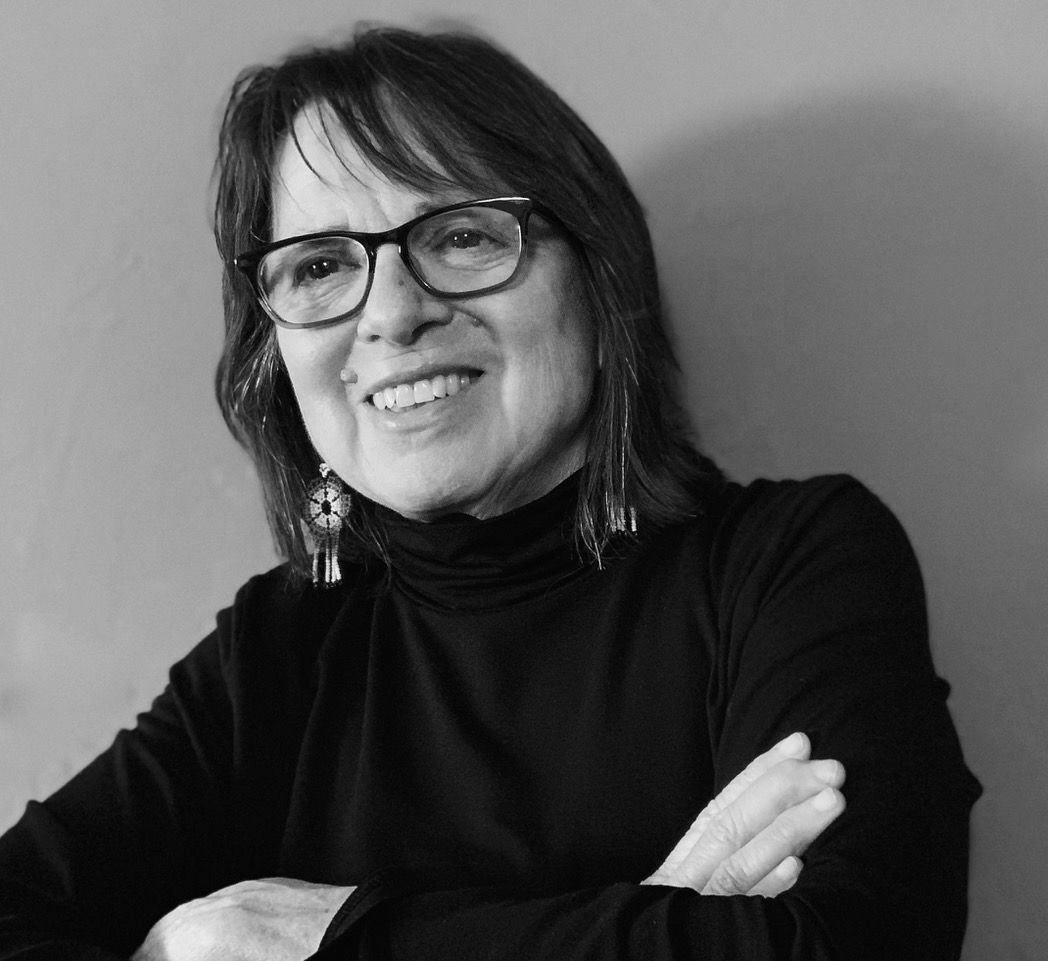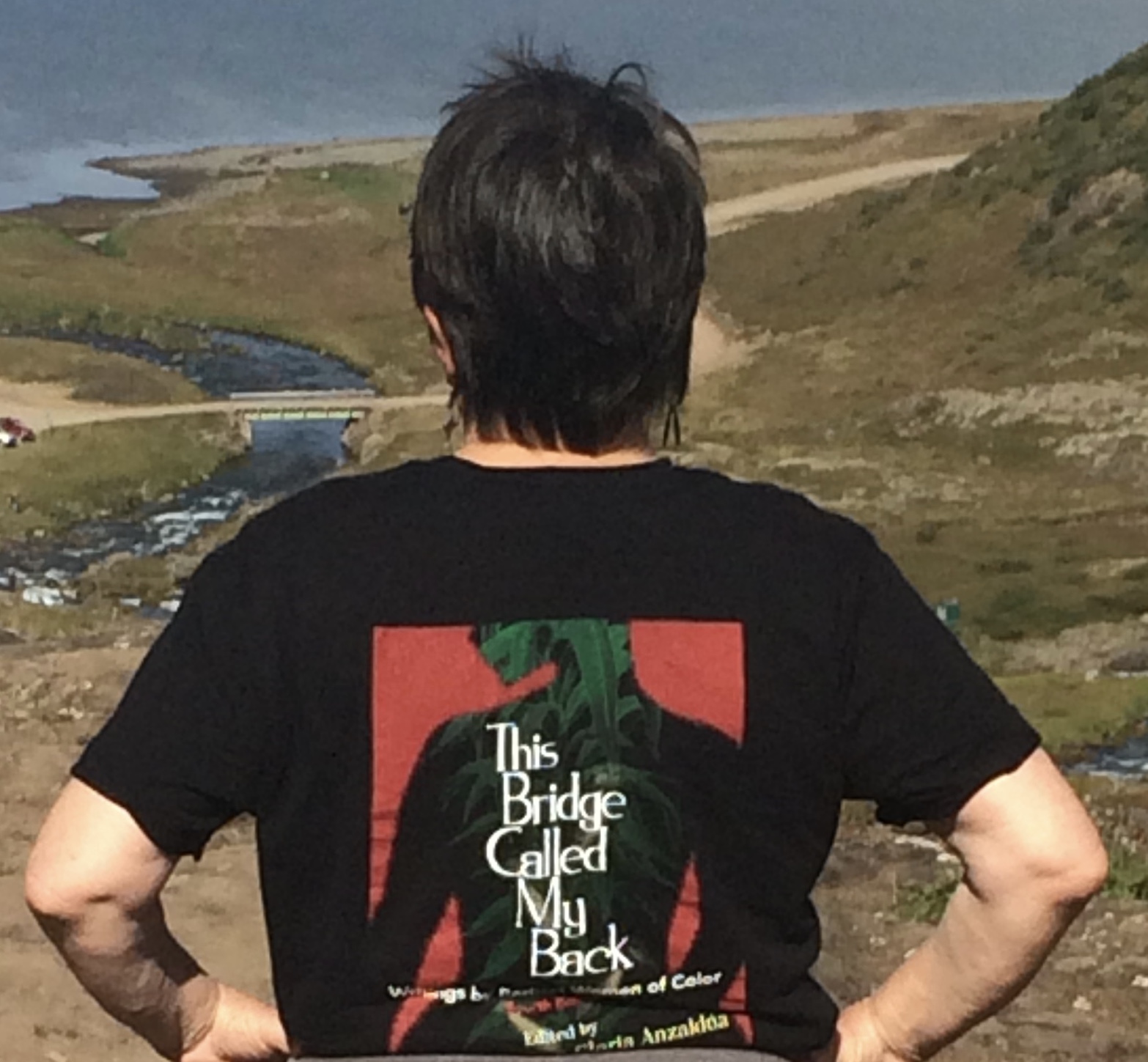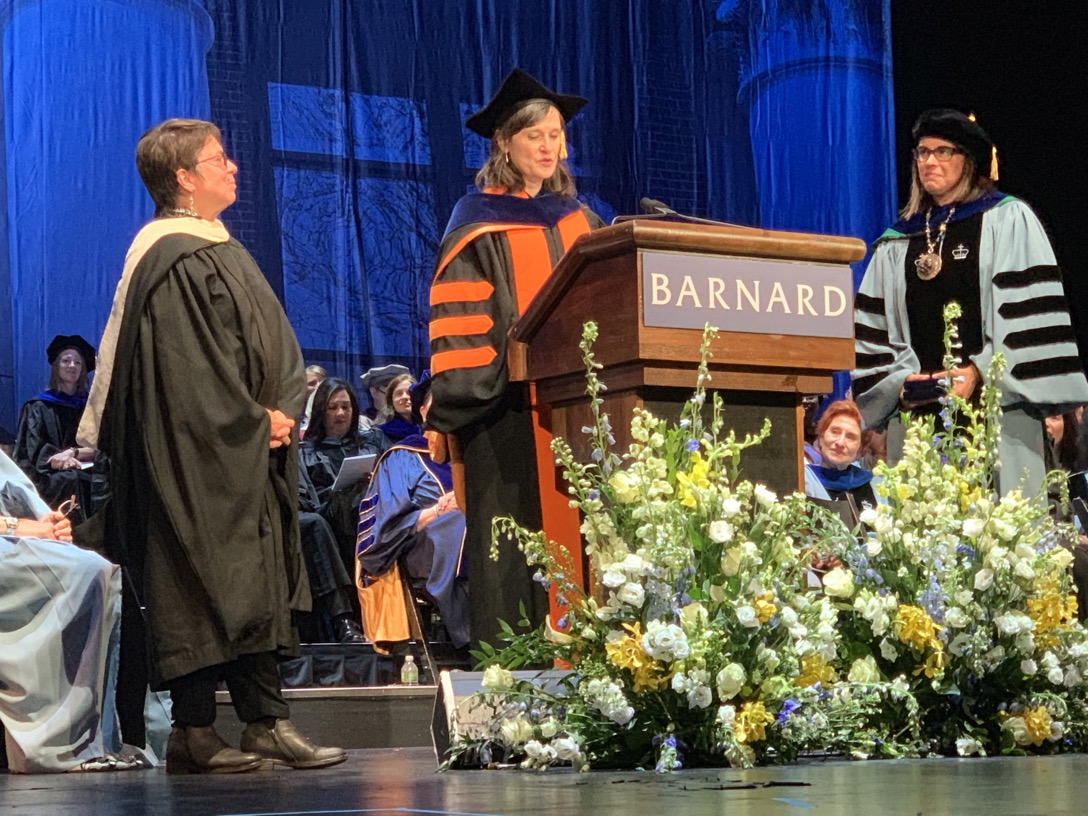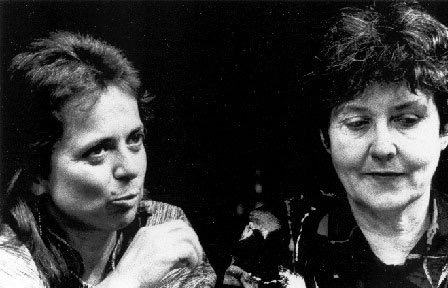Publicity Materials

For professional use only

"It was Cherríe Moraga who brought the torch—first carried by Maxine Hong Kingston on behalf of literature by ethnic women—to Latina writers. Without Cherríe Moraga’s work, many of us would not have felt the solidarity and power or had the critical vocabulary or understanding to give voice to our own stories."
—Julia Alvarez, author of In the Time of the Butterflies
Julia Alvarez's statement about the place of Cherríe Moraga's work in Latina letters refers to a series of remarkable, blazing accomplishments in the distinguished artistic and scholarly career of this writer. It would be difficult to think of any individual in the general field of Latino culture whose work and influence covers as many disciplines and interests as Moraga's does. Beginning with two key publications which Alvarez surely means to reference—This Bridge Called My Back: Writings by Radical Women of Color (1981) and Cuentos: Stories by Latinas (1983)—Moraga and her women of color feminist cohort began the work of solidifying a movement that permanently disrupted the dominant narratives of gender, indigeneity, race, sexuality, feminism and literature itself.

Kitchen Table/Women of Color Press, founded by Moraga along with Audre Lorde, Barbara Smith, and Hattie Gossett, among others, published the two aforementioned books. The press was the first publishing company run autonomously by women of color. This Bridge Called My Back, co-edited with the late, influential Gloria Anzaldúa and including a foreword by Toni Cade Bambara, is the now-classic collection of writings that first declared the ways in which hegemonic feminist thought had ignored how women of color—Latinas, indigenous women, black women, Asian women, among others—were integral to feminist work. Its first edition sold nearly 100,000 copies.
Before the coinage of the term intersectionality, Bridge brought the complicated multiplicity of oppression and resistance to bear in creating a new definition of feminism as well as a new framework for activism. In The New York Times in 2015, Gloria Steinem named Bridge one of the best books on feminism ever written. It is indeed one of the key texts of the modern movement and Cherríe Moraga's "La Güera," an account of wrestling with her own mixed race identity and how it led her to a politic of anti-colonialism, is one of its most oft-referenced contributions.
Ask any Latina writer of a certain age who it was that introduced her to her sisters and she will name Cuentos: Stories by Latinas, also co-edited by Moraga, which was the first such anthology and one of the early signals to isolated writers around North America that they were not alone. Partly via access to university educations, a "first generation" of Latina writers was able to turn the cuentos their mothers told them and their own stories into literature, beginning the long road toward mainstream publication and the canon.
Moraga's first solo publication, Loving in the War Years (South End Press 1983), another first book of its kind in its combination of essays, poetry, journal entries and memoir, explores the intersection of identity for a woman who must choose between calling herself a Chicana lesbian or a Lesbian Chicana, since linguistically speaking one term must always be a modifier and the other the main identity. Less a simple call to war than a call to continue loving throughout the struggle, this key book had an enormous influence by granting women permission to write candidly about their own sexuality, a legacy passed down to writers as disparate as Mary Karr and Maggie Nelson, among countless others.
Moraga has continued to expand upon her exploration of these themes and concerns in two additional collections of essays, a memoir of her queer motherhood, a body of work as an accomplished and award-winning playwright, and as an activist, teacher and speaker. As Artist in Residence at Stanford University for over twenty years she mentored and influenced generations of students, developing key curricula in the studies of race and ethnicity as well as theater. Her most recent essay collection, A Xicana Codex of Changing Consciousness (Duke 2011), marks a worldview that moves from the starkly personal to the national and global and spans many of the most important issues of our time—from gay marriage to street violence to the wages of citizenship to transnational identity. Her work has won her the admiration of artists and thinkers, including Junot Díaz, Tony Kushner, Angela Davis and Sandra Cisneros.
In 2017, Moraga began her tenure as a Professor in the Department of English at the University of California, Santa Barbara, where with her artistic partner, Celia Herrera Rodriguez, she has instituted Las Maestras: Center for Xicana(x) Indigenous Thought, Art and Social Praxis. And in April 2019, Farrar, Straus and Giroux published Native Country of the Heart, a memoir. In 2022 and 2023, Haymarket Books has published updated anniversary editions of Waiting in the Wings: Portrait of a Queer Motherhood and Loving in the War Years, which incorporates material from another collection, The Last Generation.
It is the task of writers, observed Cherríe Moraga, "to create metaphors of meaning that can shape and change consciousness… the potential of poetry (and all art forms) [is] to use language that matters in a way that matters." Throughout her life and career, Moraga has remained unflinching in her adherence to this principle, and it has made her one of the most esteemed artists and scholars of her time. In the circles of Latina letters, women of color feminism, third world feminism, queer and indigenous activism, she is a pioneer and a public intellectual who has never stopped being cutting edge.


Copyright © 2016 Makers | All Rights Reserved | Part of AOL-HuffPost Lifestyle
